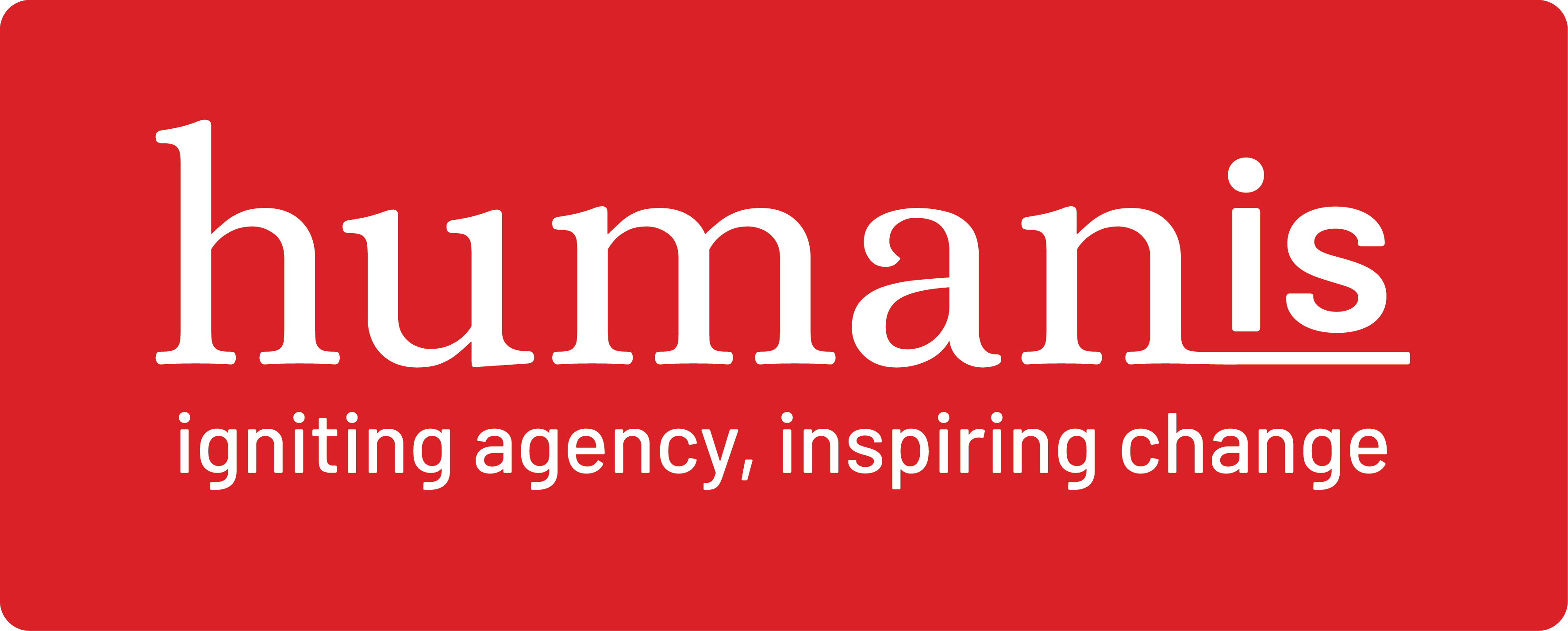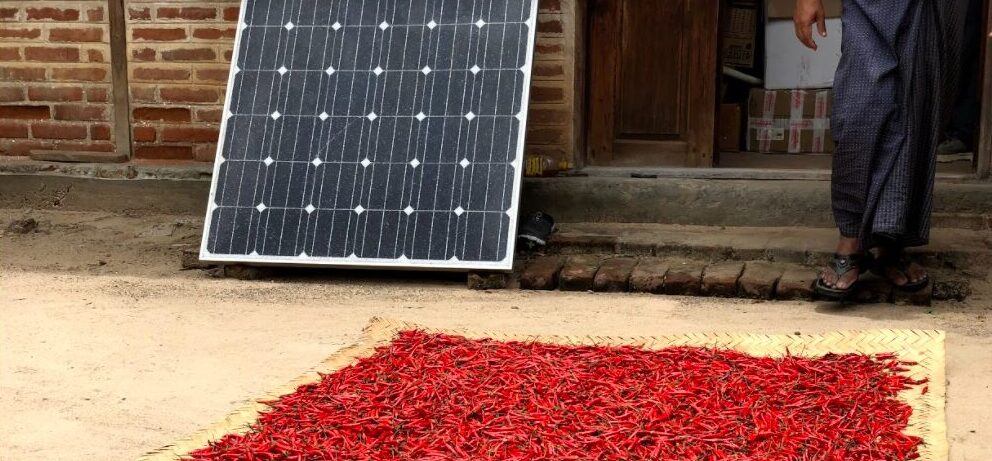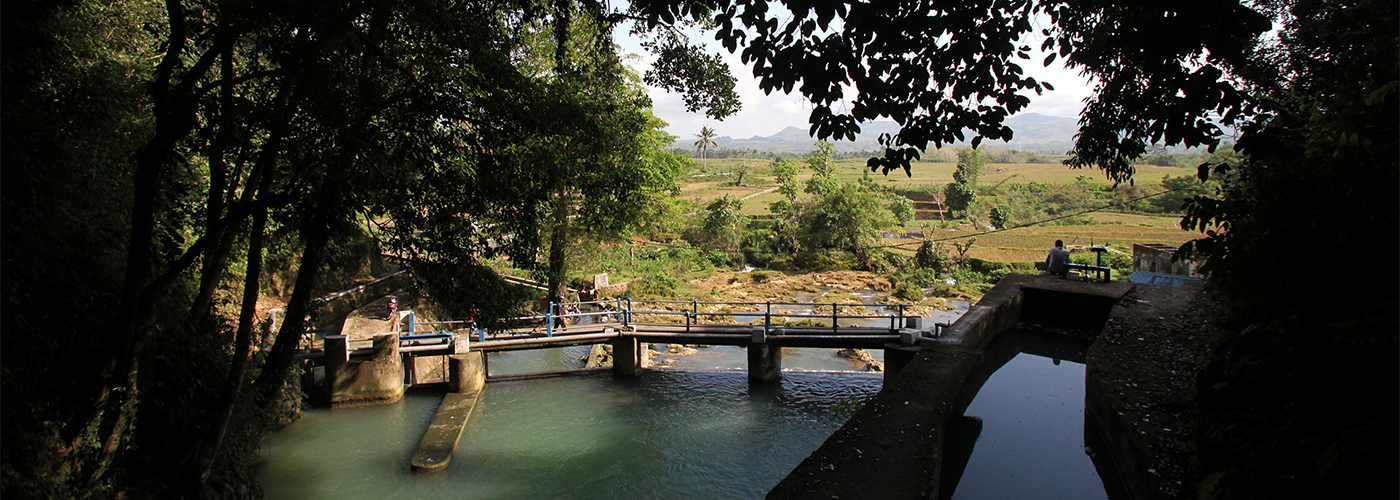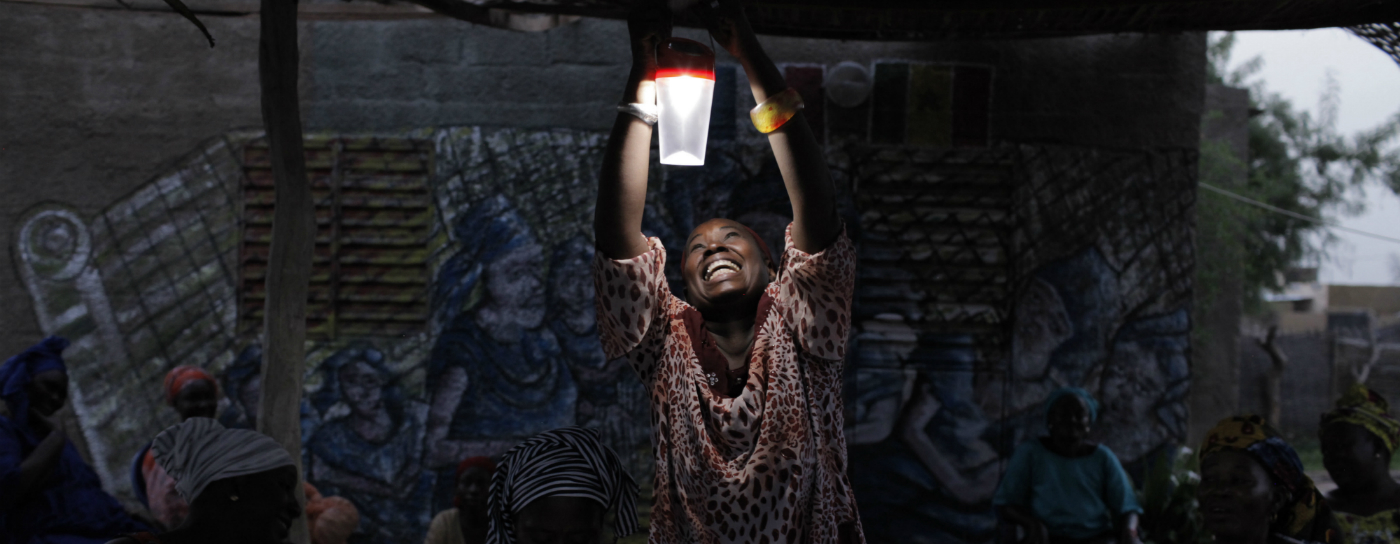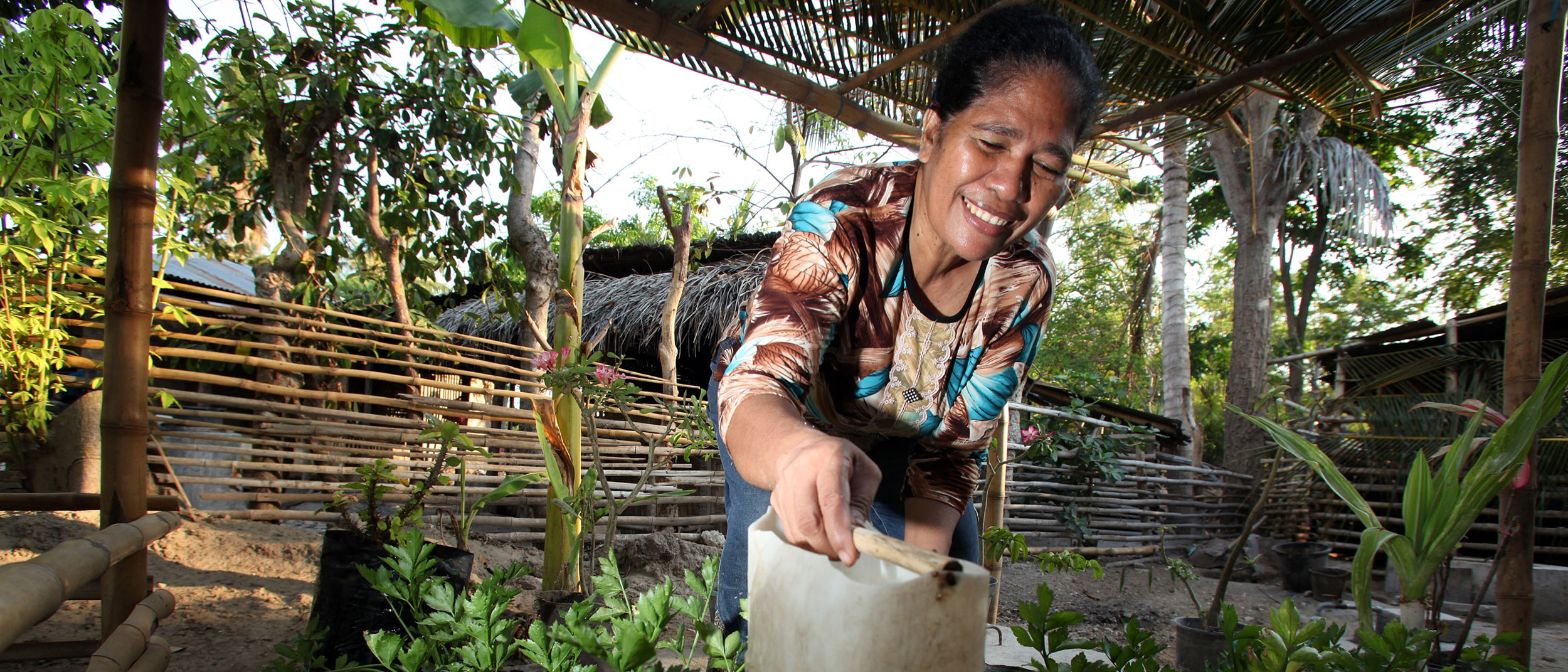Aim
To strengthen the capacity and impact of local civil society organizations (CSOs) and local renewable energy (RE) developers/ entrepreneurs in their call for greater involvement of CSOs in the energy field. Their initiatives can also reduce the importance of big hydro and coal power plants.
Where
Myanmar
Why
Despite the challenges and multiple ethnic conflicts, Myanmar has had an active community of local, small-scale energy entrepreneurs and low-cost RE technology over the past 30 years. More than 5,000 micro hydro projects and even more biomass gasifiers have been installed over three decades by local developers without any government or donor funding. They are ready to invest in rural areas which have been quick in taking up energy and are able to absorb more for both household and productive end use.
Local CSOs are still a new phenomenon but are nevertheless initiating an ambitious movement calling for environmentally and socially responsible energy plans. They are comprised overwhelmingly by young people with a good gender balance, which was clear in a recent Myanmar CSO Energy Forum. On the other hand, they have not been included in any energy laws or policies and are experiencing little political space to maneuver. CSOs stress that ethnic conflict and discrimination have excluded certain groups and that government investment into coal, and large dams is destroying natural environment and livelihoods.
More recently, solar power for water pumping and drip irrigation has significantly improved agricultural output for small-scale farmers. In addition, electric cooking is already relatively common, albeit with potential for more efficiency. With the majority of projects owned by communities, the concept of ‘people power’ has proved very successful. Yet there are still significant challenges in terms of unclear or missing policies and a lack of access to finance.
How
The Green and Inclusive Energy program initiated linking and learning aspects of CSOs with local renewable energy (RE) developers with innovative solutions. The program also strengthens capacity of both groups in the energy field and the engagement with key stakeholders in the DRE sector.
